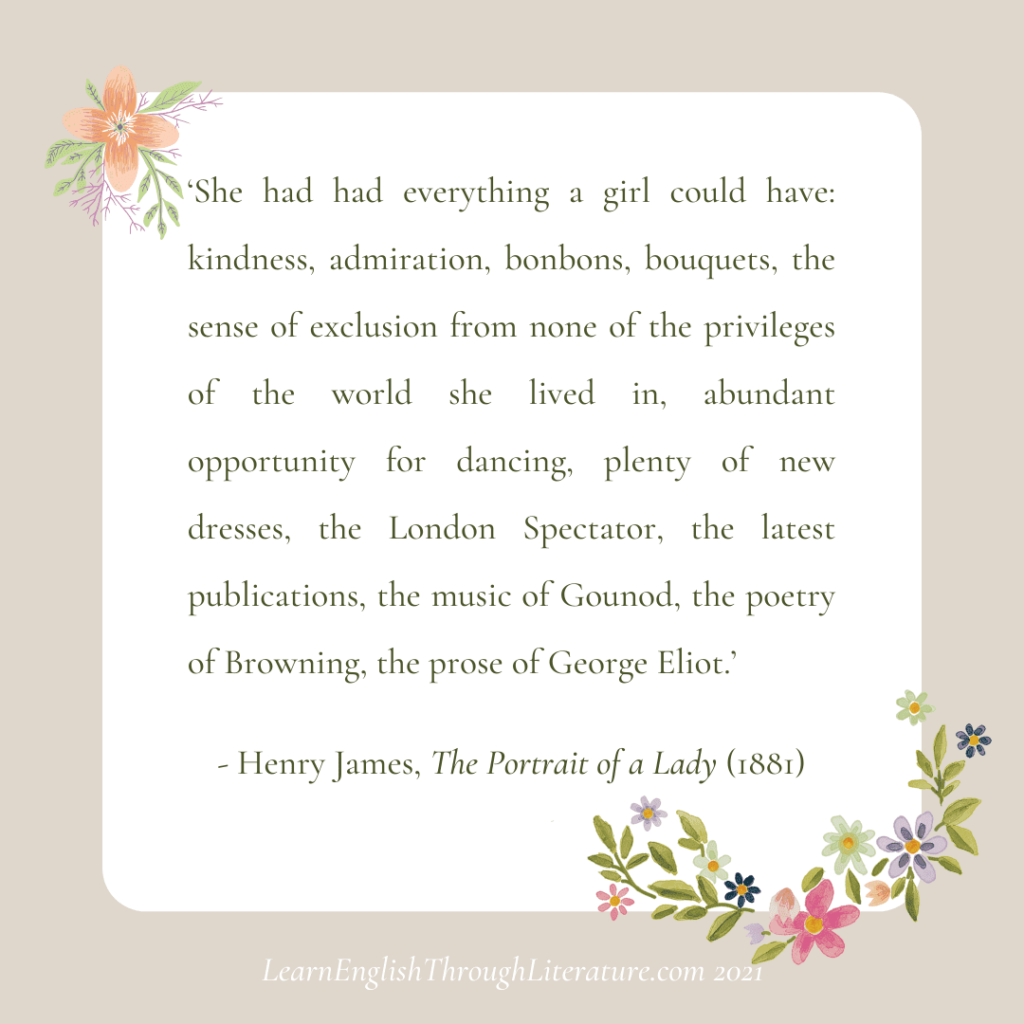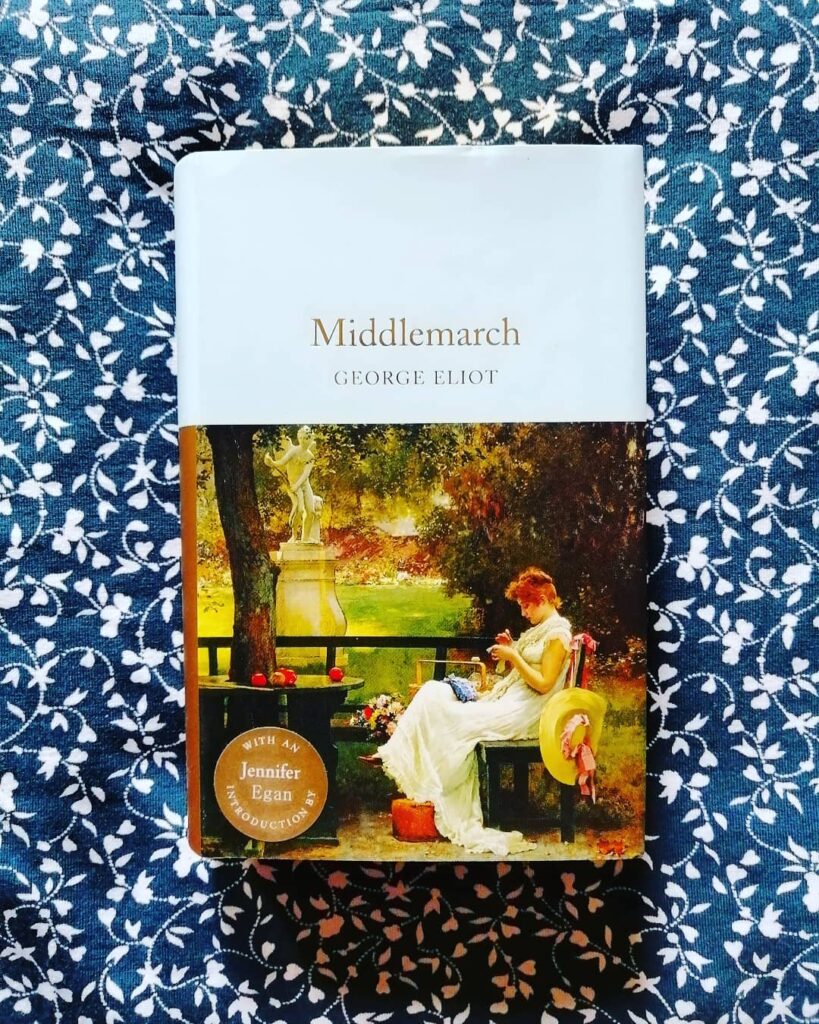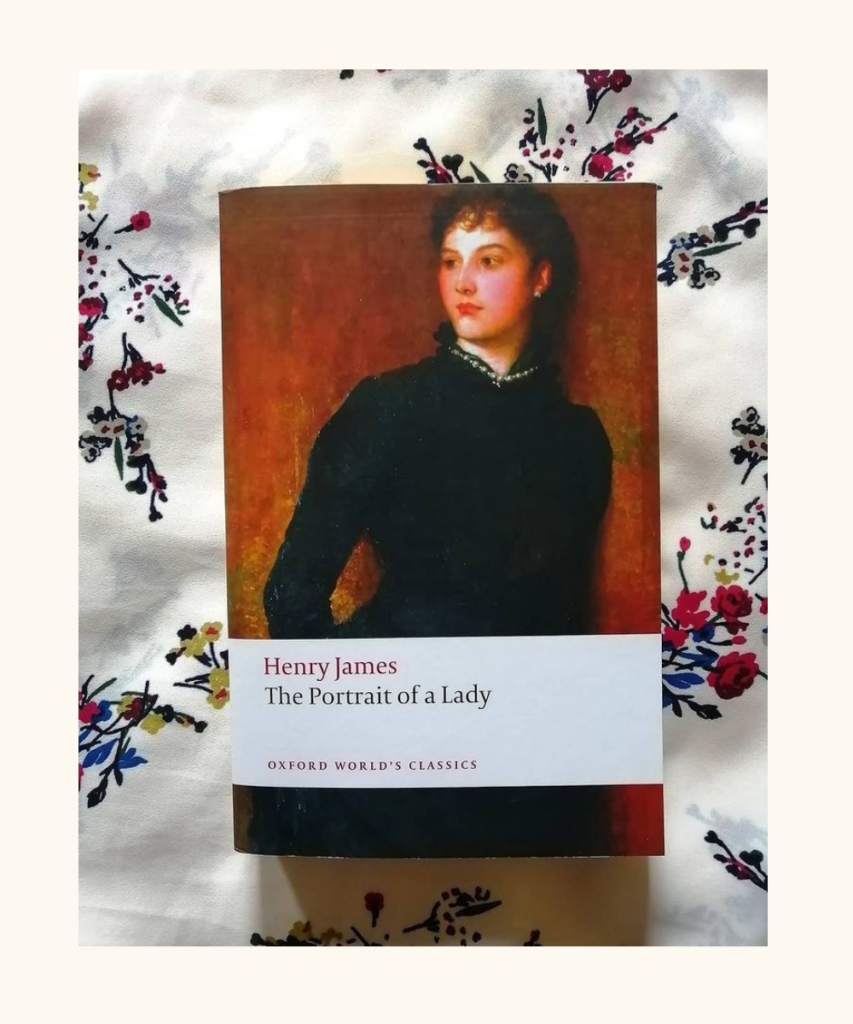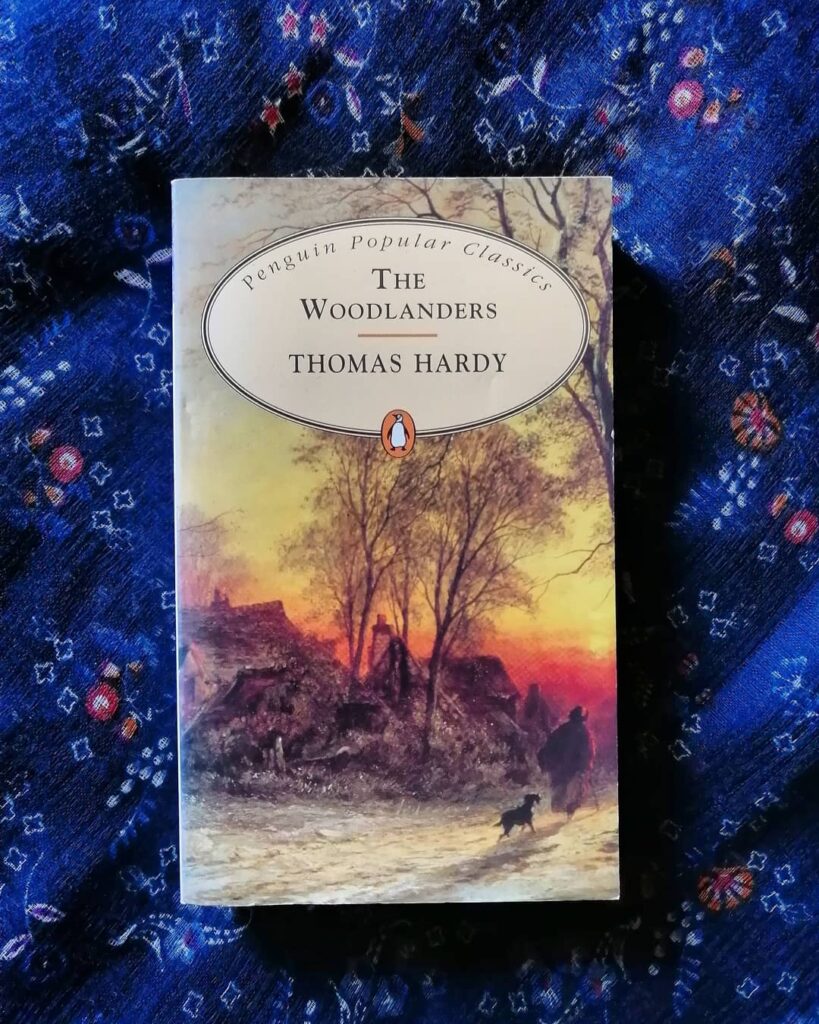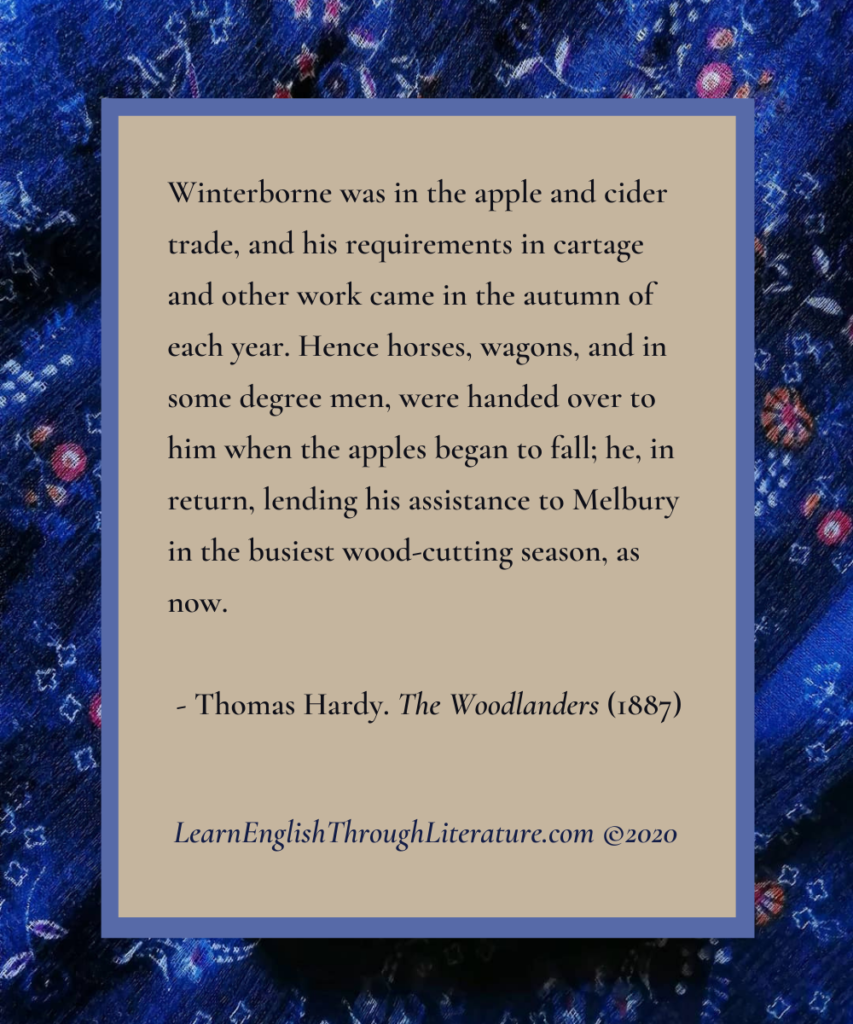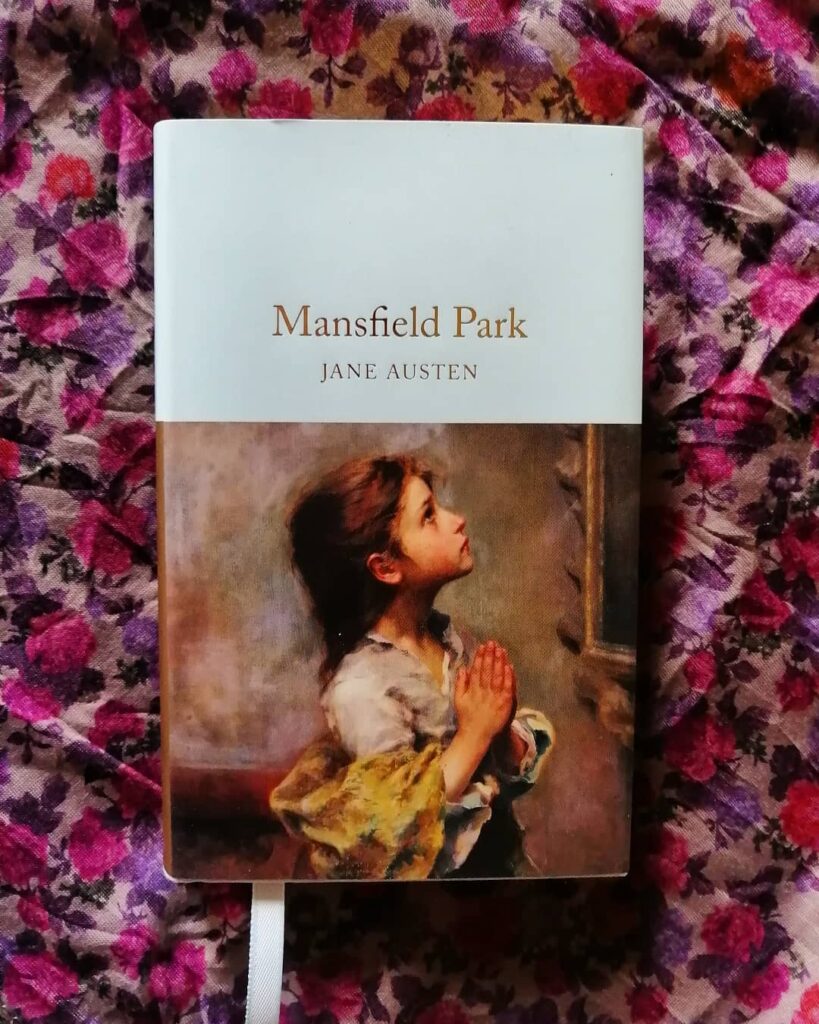Lesson #268 (Part 2): Mistakes Russian speakers tend to make in English
📗 Welcome to Part 2 of our Lesson in which we look at difficult areas for many Russian students of English in particular. You may find it helpful to check 👉 Part 1 first to understand why we chose Henry James’ excellent novel, The Portrait of a Lady (1881), for this Lesson, as well as […]
Lesson #268 (Part 2): Mistakes Russian speakers tend to make in English Read More »

